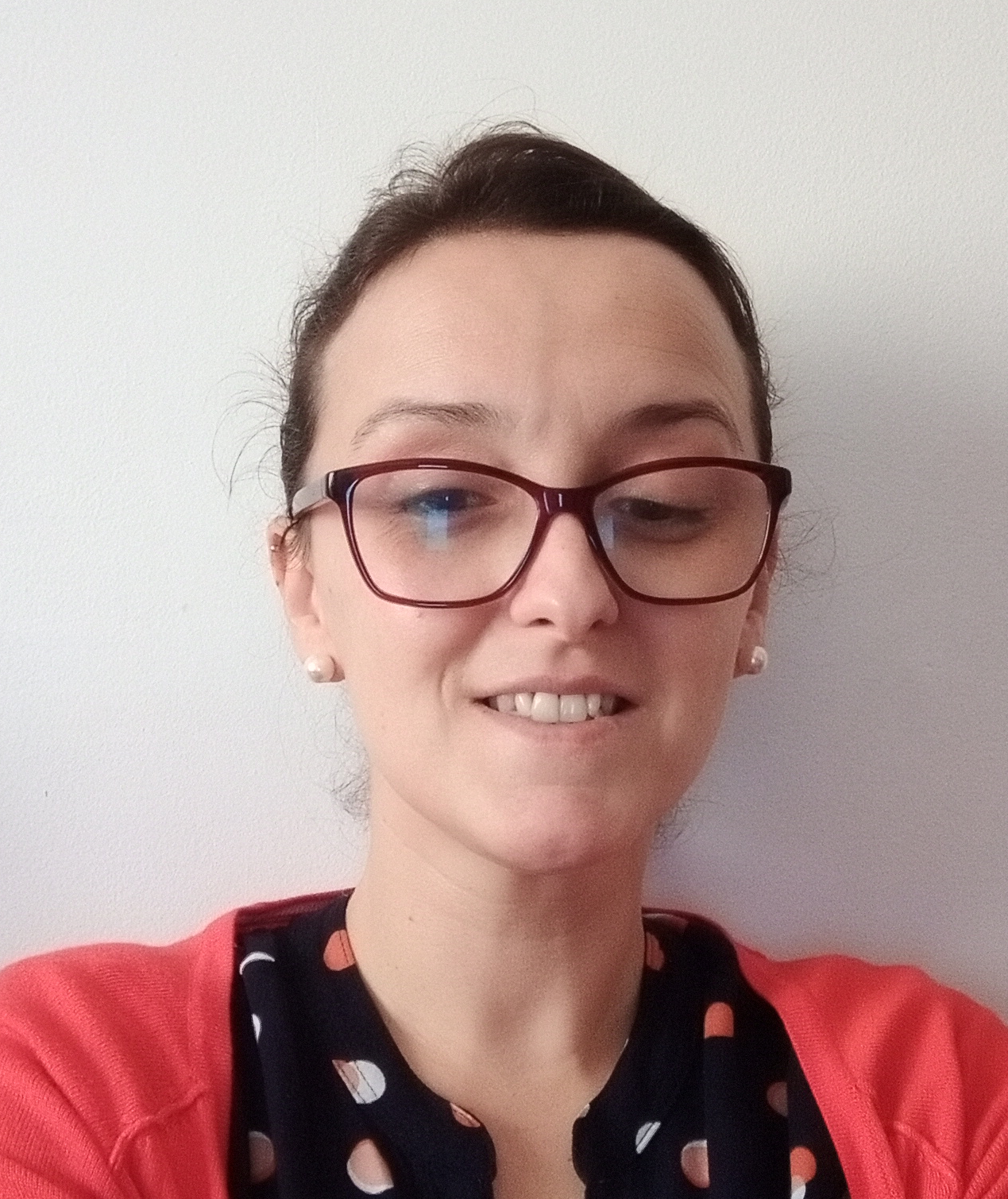OVERWEIGHT AND OBESITY
Today, obesity is recognised as one of the biggest health challenges in modern societies and is widely considered a public health issue.
It is a problem that has grown year after year and has become harder to tackle as its causes are deeply interconnected — from social and environmental contexts to government policies.

This means that being overweight does not have a single, simple or obvious explanation. As a result, many people try solution after solution without achieving significant or lasting results.
At Oficina de Psicologia, we have been developing a range of initiatives to help address this issue — both in terms of prevention and psychological intervention.
How do we approach overweight effectively?
A psychological assessment is the first step in any intervention. Here, all relevant information is gathered to understand the history and development of the overweight or obesity problem. Predisposing and maintaining factors are identified and explained to the client as part of a comprehensive understanding of their situation, which then leads to a personalised therapeutic plan. Common areas addressed in this plan include: sleep, emotional regulation, mindful eating, controlling food impulses, recognising and meeting emotional needs, setting routines and priorities, and introducing appropriate physical activity.
The intervention can be done individually or in groups, and may include some less conventional approaches:
-
Therapeutic Food Behaviour Intervention based on DBT (Dialectical Behaviour Therapy)
-
Gastric Hypno-Band (a virtual gastric band that works through the subconscious)
-
Specific mindfulness programmes (focused attention techniques that help control impulses to eat)
-
Biofeedback and neurotherapy tools
Naturally, any psychotherapeutic work is supported by medical diagnosis, a tailored diet plan and a physical activity regime that suits the individual’s lifestyle, as well as addressing any psychological issues that may cause or result from excess weight.
The true scale of obesity
-
Worldwide, obesity has nearly doubled since 1980.
-
In 2008, more than 1.4 billion adults aged 20 and over were overweight. Of these, almost 200 million men and nearly 300 million women were obese.
-
65% of the world’s population lives in countries where overweight and obesity kill more people than undernutrition.
-
Overweight and obesity are the 5th leading cause of death globally. At least 2.8 million adults die every year as a direct result of being overweight or obese. In addition, excess weight accounts for 44% of diabetes cases, 23% of ischaemic heart disease, and between 7% and 41% of certain cancers.
-
More than 40 million children under the age of five were overweight in 2011.
CONFIDENTIALITY AND DIGITAL SECURITY
MedicalPort respects the protection of personal data and fully complies with the General Data Protection Regulation (GDPR) to ensure maximum confidentiality.
ONLINE OBESITY CONSULTATION
The consultation can be carried out online via our Stuward telemedicine and telehealth platform, designed specifically for doctors, therapists, psychologists and other healthcare professionals. This platform ensures the highest level of data security, guaranteeing full protection of clients’ digital information.
Using the platform does not involve any additional costs and does not require downloading any application — all you need is an internet connection.
Overweight and obesity are defined as an excessive or abnormal accumulation of body fat that can harm your health.
The World Health Organization recommends the usage of the Body Mass Index (BMI), an index that relates height and weight to classify overweight and obesity in both gender adults. It is determined by dividing weight (kg) by height, squared (m2).
- IMC = 25 – 30: Overweight
- IMC > ou = 30: Obesity
- IMC= 18,5 – 25: Normal weight
- IMC < 18,5: Low weight
The higher the BMI, the higher the health and mortality risks.
The fundamental cause of overweight and obesity is an energy imbalance between the amount of calories intake and the calories burned. But such imbalance comes from a complex set of factors:
- Genetic predisposition
- Metabolism
- Organic pathologies
- Sedentary lifestyle
- Eating habits
- Disturbances in eating behavior
- Inadequate strategies of emotional management
It is precisely due to the multiplicity of causes, often simultaneous, that Oficina of Psicologia approaches them systematically by promoting a partnership between different area professionals in order to conduct an integrated multidisciplinary intervention.
The impact of obesity in people's health is quite comprehensive, having multiple complications in physical illnesses and affecting psychological adjustment and social adaptation, with consequent loss of quality of life.
- Heart Diseases (Ex.: High Blood Pressure, Heart Failure)
- Metabolic Diseases (Ex.: Diabetes Mellitus type 2, High Cholesterol)
- Osteoarticular Complications
- Hormonal changes
- Depression
- Insecurity and social isolation
Doctors who perform this medical procedure

Clinical Psychology
Professional Registration No. 25389
Master’s Degree in Psychology– Clinical Psychology and Health section, Psychology of Health and Disease nucleus. Postgraduate course Integrative and Cognitive-Behavioral Therapies, adult (on going). Work experience in clinical psychologist private practice (online and in person) with adults.
Member of the Portuguese Psychological Association since 2020.
Fields of interest: anxiety, depression, mourning, intra and interpersonal difficulties.

Psychology: Parental Counselling
Professional Registration No. 23814
I've been fascinated by human behaviour since I was a child—the "why" behind our emotions, our reactions, and the relationships we build. This fascination led me to pursue a degree in Health Psychology, which I completed in 2007.
Over the years, my journey has evolved naturally. I started in the geriatric field, then moved on to working with adults, and later had the opportunity to work with children—an experience that turned into a deep passion. Today, I work with both children and adults, but it is within the world of childhood that I find some of my greatest challenges and motivations.
As I work daily with children, parents, and schools, I felt the need to deepen my knowledge of education. This led me to embark on a new journey and return to university, where I am now completing my second degree, this time in Education.
I love stimulating children's cognitive development, and I believe that each child has their own pace and unique needs. My commitment is to tailor every intervention individually, ensuring they feel understood, supported, and capable of reaching their full potential. I also strive to help families feel more secure and confident in their role—because raising a child can be challenging, but with the right support, everything becomes easier!
For me, true change happens when children, families, and schools work together. When everyone moves in the same direction, the results speak for themselves.

Psychology
Professional Registration No. 14426
Master in Psychology from the Faculty of Psychology at the University of Lisbon, with advanced training in Cognitive Behavioural Psychotherapy.
Master's degree in Public Health, specialising in health promotion, from the Nova University of Lisbon, and a bachelor's degree in Dietetics and Nutrition from the Polytechnic Institute of Lisbon.
Her areas of intervention and interest are the promotion of psychosocial well-being and eating behaviour disorders.

